A Potential New Home Comes With Questions, Here Are Some Answers
A Potential New Home Comes With Questions, Here Are Some Answers
How do I know the house itself is good?
Home ownership isn't solely about location, sure it's important as a real estate purchase but it's not everything. Value engineering is where experts go through a house and look for weak points. They will note things like the thickness of the walls, or if there are any signs of water damage. The experts can also recommend what you should do to improve areas that need it. This might involve replacing cabinets after discovering they're rotting behind the walls, or maybe adding a second storey because it didn't cost much to add and could provide needed living space.
As a potential buyer, read on to find out what to pay attention to if you're not sure whether the house is worth buying. A quick tip is talking to locals. They'll let you know which houses have had problems with how they were built recently, and which ones are known to have problems in the past.
How do I know if the house is safe?

When you're buying a house, you want to do your best to avoid any potential safety hazards. This means that when looking at homes, ask yourself if it's safe in terms of natural disasters (e.g. earthquakes) and also safety concerns in the surrounding area (e.g. presence of criminal activity).
How do I know if my new home has mold/asbestos/lead/radon?
Mold is known for causing health issues. Asbestos is responsible for causing health issues like lung cancer. Lead can cause health complications when present in large amounts. Radon is dangerous for your health and that of your family, and should be avoided at all costs. As such, when buying a new home, you want to inspect it for any signs of mold, absestor, excessive lead, radon, or other harmful substances.
A professional inspector is the best choice because they are trained to look in the right spots for threats that most people would overlook. They also may have special equipment that allows them to look for dangerous activity within the home.
What natural disasters could happen in my area?

In order to make sure that your home is safe from natural disasters, it's good to look up what natural disasters could occur in your area. For instance, if you live in a coastal area, this is a good indicator that flooding may be a problem. If you live near an active volcano, it's important to know what the history of the volcano has been.
Again, going with a professional inspector is best because they have received formal training on all of this information.
How can I find a good home inspector?
You might be able to inspect the home yourself, but the most important factors needed to make a rational decision are best left to someone who does inspections for a living. They will look at things like the drainage system, foundations, walls, ceilings, and the water heater. Sometimes the city has inspectors that do these types of checks for home buyers too, but your realtor should know about these.
If you hire an unqualified person to inspect your prospective home, you run the risk of uncovering problems later on that will potentially cost hundreds, if not thousands of dollars to fix. Lookup people who have good reviews and ask for references as well as professional certifications such as the Canadian Association of Home & Property Inspectors.
Your realtor should have a list of inspectors they can recommend so you can get an idea of whether the house is good for you. You should get an inspector to do an inspection before you sign the contract so that you're sure everything on the house is in good shape.
How do I know if the house is safe during the winter or with heavy rainfall?

You should ask the inspector about what the house may be like during various times of the year. This is because homes are affected differently based on weather conditions. For instance, some houses may have problems with cracks in the wall due to heavy rainfall, while others may have drainage issues around the house that can cause flooding if it snows too much. Knowing not only the state of the house during the home buying process but in the future will help in the long run. This can help you see if the purchase price truly matches the property value. As a general rule your real estate agent and the inspector will be looking into the future of the property, not the immediate sale.
It's important that you don't compromise your safety in the name of saving money, even if this is your dream home and you're worried about other potential buyers. Rushing often results in costly mistakes and no one wants to think of the mortgage payment when rain is dripping on the dining room table. If there is a problem with an appliance, it's likely better to get a new one than put up with problems later on. For example, if the air conditioning unit is faulty and will need to be replaced this winter, it's likely cheaper to get a new one than deal with the repair costs of having it repaired next summer. Don't just think of next winter, try to envision the near future, the next five years, and the eventual sale of the house.
How do I know if the heating works?
It's important to make sure that the heating is efficient and won't cause unnecessary costs later on. It will snow every year - hopefully. As such, it's recommended that you purchase a house with good insulation as well as an efficient furnace or boiler for heating purposes. Make sure you ask the inspector if they are familiar with how your neighbourhood averages when comparing bills.
How do I know if the electricity works?
Just like with heating, it's important that you know if there are any issues with the electricity before purchasing a home. As mentioned earlier, inspectors will check for high levels of radon gas and mold - but they won't check to see if your sockets work or how effective the wiring is (they may also forget to look at electrical appliances).
This is a very important question because of British Columbia's various weather conditions. For example, in the winter there is a lot of snow and in the summer there can be heavy rainfall or flash flooding. While this may not affect some areas, you want to make sure that your house isn't going to flood during the rainy seasons.
How do I know how much maintenance will cost?
It's always better to look into this before purchasing a new home. Although you can't predict the future, some homeowners will choose to sell their house if they are moving out of the province (or country) or otherwise cannot do necessary repairs on their own. As such, it's important to make sure that there aren't problems with expensive appliances like the furnace or electrical wiring.
It's recommended to try and predict the future expenses of a home based on similar properties in the area. It's also important to consider the previous owners who may have neglected certain areas - such as painting or roof maintenance. For instance, if you know for sure that previous owners didn't take care of small issues with asphalt or siding, that may be a sign that something more significant is wrong with the roof.
Consider the following factors:
- Inspections will check the obvious problems but hidden issues can cause a lot of money down the road or make it harder to sell your house, so make a robust list of questions and don't hesitate to ask them.
- Faulty wiring and plumbing issues are critical. Although you may want to make your house "homey", it's usually better to prioritize functionality over comfort in the very beginning.
- Consider how expensive repairs/maintenance could be in the future and try to predict if it's going to spare you from added expenses down the road. For example, a good furnace can save a lot on heating costs.
How do I choose the right neighbourhood for my future house?
Is the area growing? If so, that's a good indicator that home prices will increase in the future - especially if you're looking to sell your house someday. It could also let you know that it may a good time to jump in now before the home, and the area, soar out of your price range. No impulse buys though, check in with your agent to see if they think it is indeed a great location and worth the down payment.
How do I find out if the schools are good?

If you have kids, then the school district is a very important factor. It's recommended that you get in touch with people who live in the area to know what kind of schools they are sending their children to. That way, it will increase your chances of finding a home close to a decent elementary or high school. If you have the time, visiting the schools is also a good option. What may look great on a website might not look as good in person.
It's not just a matter of the schools catering to the appropriate age range but to the education you want to give your children. What type of education do you want them to receive? Is it religious or non-religious? Publicly funded schools give the freedom for students and parents to decide these things, but there are good and bad public schools.
Do I need extra space if I plan on having kids?
Although your first thought might be about bedrooms, another thing to consider is a backyard. Some people want space to place a swing set or for their kids to play sports, so they create a large yard. Or maybe you would prefer the freedom of having no fence and letting them roam around your neighbourhood? It's also worth thinking about what type of people would be around as some children may not feel safe if there are a lot of people coming and going from all sorts of places. If you have the time, it might be worth talking to your future neighbours before you take the plunge.
How do I find out if the neighbourhood is safe?
Get in touch with the local police station and ask officers or simply look at crime rates. If you live in an area that's high in crime, it may decrease the value of the home should you ever want to sell it. It might also be difficult to persuade a prospective buyer if things go wrong, so do some investigating before making a final decision.
How do I find out about the local amenities?
Ideally, you want to be close to areas that let you walk, bike or drive into town. This will not only decrease your commute time but also give you an opportunity to explore your community and meet your neighbours. Also, consider what amenities are available - such as recreational facilities, shopping malls and a nearby grocery store.
How do I know if there is enough entertainment outside of the home?
Some people like to be outside and play sports while others may just want to lounge around their gardens. While starring at Google Maps can make you feel a little better, this is a question you want to bring up to your real estate agent. They should have something to back up their claims that the house is indeed in a great location, after all, your new purchase doesn't stop at your front door.
How do I find out what the neighbours are like?
It is possible to find out what the neighbours are like by taking a walk around the area. However, you can also bring up this question with the seller's agent or the seller themselves to see if they have any insight into the neighbourhood. If nothing else, it may give them an opportunity to brag about their home and how much they love their neighbours - just make sure you don't fall for it.
How do I make this house into a home?
Only you can transform a house into home, that's one of the few things your real estate brokerage or mortgage lender cannot help you with. There's more to a home than the lot location or key takeaways from your inspector.
How do I know how much I can remodel?
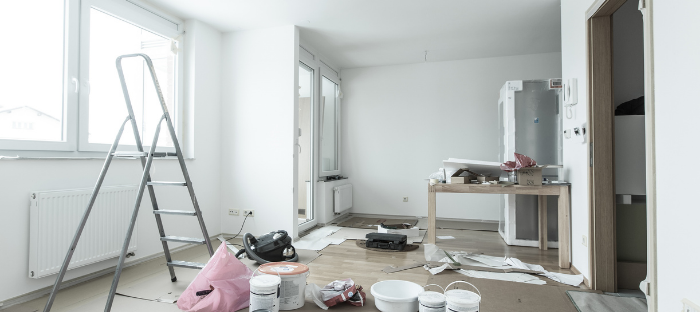
While you should ask your agent that question before buying the house, it's always better to have contractors do their own assessments or inspections before renovations begin. Not only does this ensure a thorough examination to avoid any costly surprises, but you can also ask contractors for advice on whether it's a project that is worth doing.
That bay window and open-plan kitchen living area might not be all that you dreamed about.
How do I get an estimate of how much renovations will cost?
If you're planning on doing renovations to make it your own, make sure you get quotes from contractors beforehand. This will give you a good idea of what the budget is and how much time it might take to complete. You can then negotiate price or decide whether the renovation timeline will fall in line with your needs.
Prior to getting quotes, consider using an Online Calculator.
What insurances do I need?
It's important to get home insurance and liability coverage because this will protect you in case of damage or injury. Some people may think their homeowner's insurance covers what they own but it only pays for the actual value of the home, not any specific enhancements such as appliances, landscaping or even clothing. You also want to speak to your insurance provider about flood and fire protection.
What about some non-technical tips?
Moving is stressful, but home is where the heart is. Anyone who has ever moved house knows what a huge deal it can be to make a new place home. It takes time and energy, effort and creativity. But there are some sure-fire ways to make your new home feel like you've lived there for years.
Invest in the little things. Plants, cushions, rugs. It's not just fluff, this is a place where your family needs to feel safe and able to relax. Great locations and new schools don't mean much if everything feels alien. Bringing in and updating your home values can help substantially change how your approach to navigating the new house.
Invite friends and family over. Even better, open the invitation to the neighbourhood if you want to. After all, all the pre-approved loans, getting all the information about local schools, picking which grocery stores have the best products, and figuring out all manner of other factors was about finding the right place to call home. As noted in the beginning, it's not just about the home's location.
View All Homes For Sale in Greater Vancouver >>>
About Search Home Listings
SearchHomeListings.ca has simplified the home buying and selling process by giving you superior tools with up-to-the-minute information including active homes for sale, sold homes, market reports, and a home valuation tool! We have a team of success managers on standby to support you with setting up your saved home search and agents ready to take you out on a tour. Tap into our industry experts from inspectors, to contractors to interior designers to provide you with the best prices and service possible. Everyone attached to our website has been rigorously vetted and is made up of caring, knowledgeable professionals that work tirelessly to help you to make your home buying experience as stress-free as possible. Contact us today to see how we can help!
Sites We Follow
Categories
Recent Posts

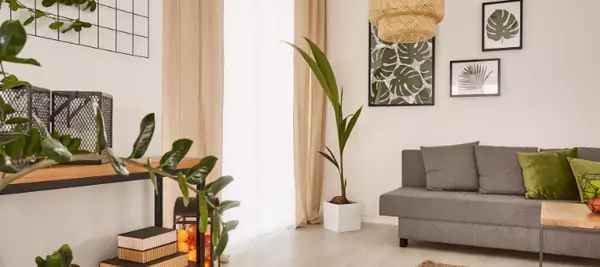

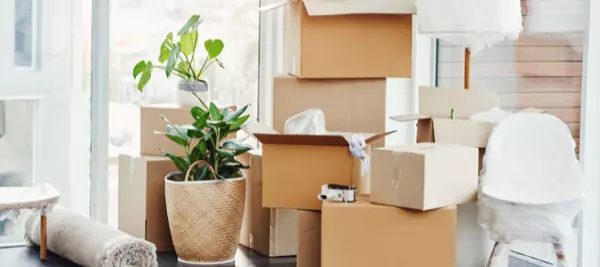
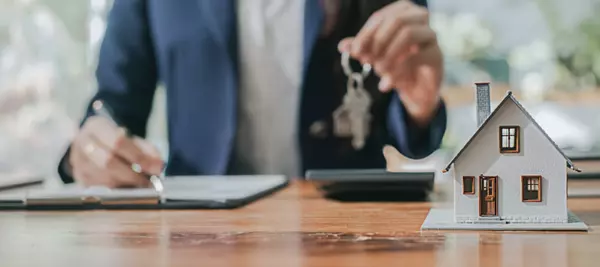
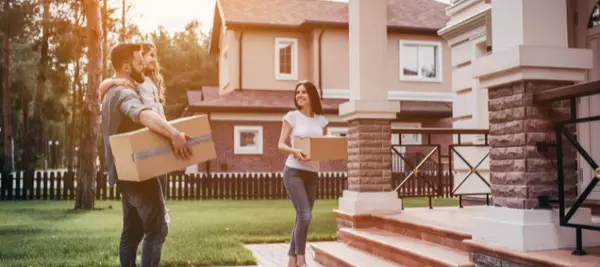
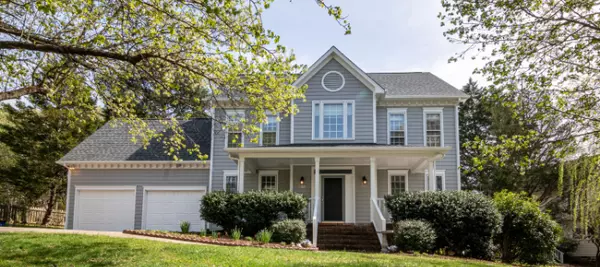



GET MORE INFORMATION


